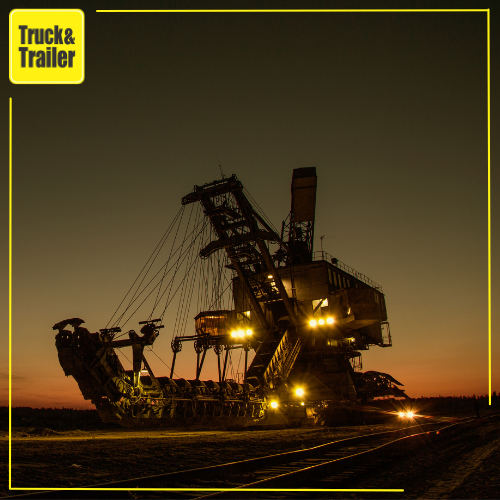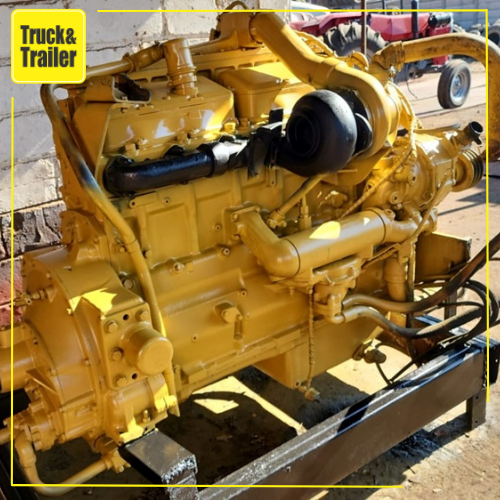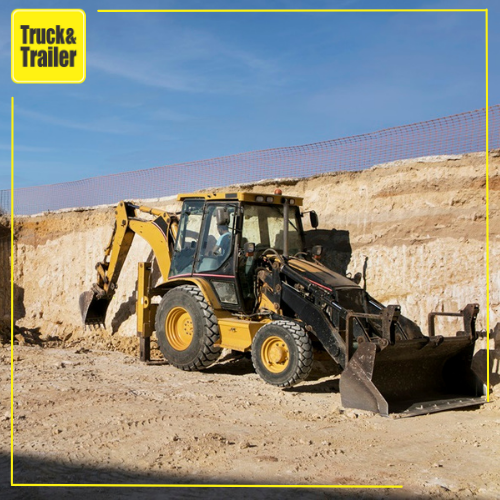
Shaping Tomorrow: Advancements in Construction Equipment
Date: 12/01/2024
The construction industry in South Africa has witnessed remarkable advancements over the years, with innovation at the forefront of its evolution. As a testament to this, the world of construction equipment and innovations has been driving progress and transforming the landscape of building and infrastructure development. Today, we will delve into the various types of construction equipment, explore recent innovations, and discuss their applications in the South African construction sector. Do you need to rent any equipment or machinery? Look no further than the for hire page of Truck & Trailer.
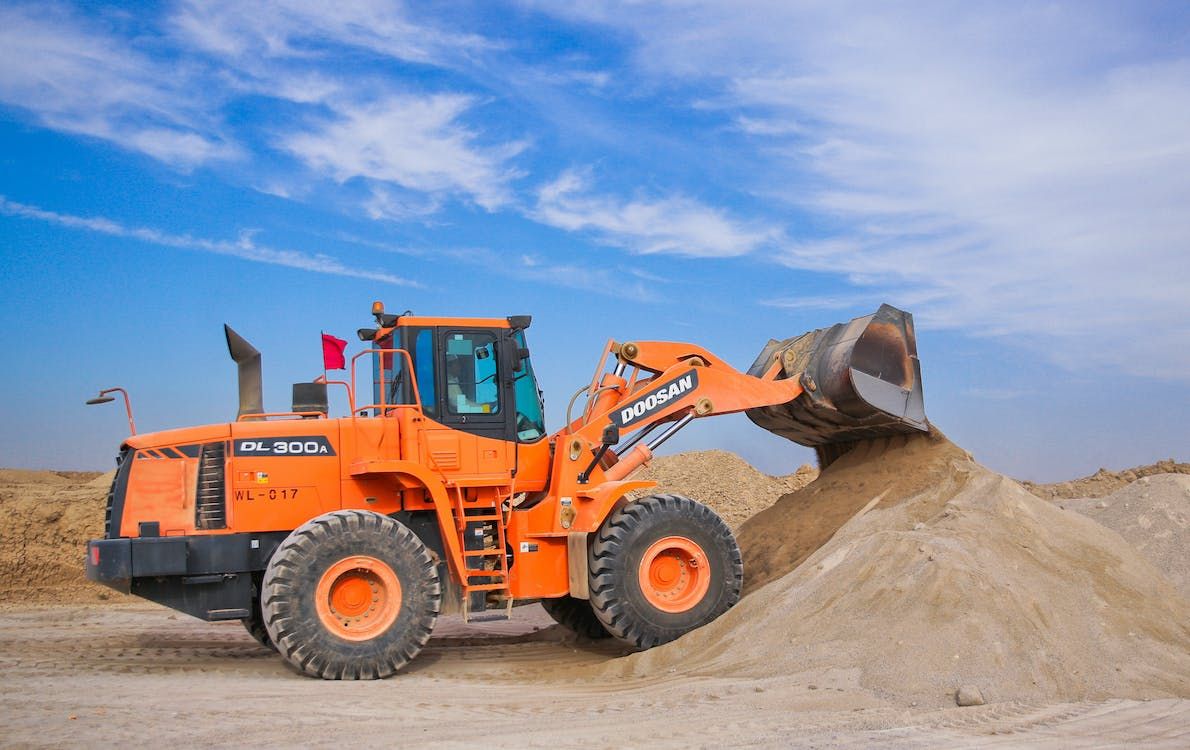 Photo by Anamul Rezwan on pexels
Photo by Anamul Rezwan on pexels
Types of Construction Equipment:
Earthmoving Machinery: Excavators, bulldozers, and graders play a pivotal role in preparing construction sites. Innovations such as GPS technology integration have enhanced their precision and efficiency.
Cranes: Tower cranes and mobile cranes are essential for lifting heavy materials and equipment. The introduction of electric and hybrid cranes is reducing environmental impact.
Concrete Equipment: Concrete mixers, pumps, and pavers have seen innovations in design, materials, and automation, making concrete-related tasks more streamlined and eco-friendly.
Material Handling Equipment: Forklifts, conveyors, and hoists help with material transport. Advanced sensor technologies have improved safety and efficiency in their operation.
Innovations in Construction Equipment:
Telematics and IoT Integration: Many construction machines are now equipped with telematics systems that provide real-time data on performance, location, and maintenance needs, increasing efficiency and reducing downtime.
Hybrid and Electric Power: The construction industry is gradually transitioning to more eco-friendly options, with electric and hybrid construction equipment gaining traction due to lower emissions and operating costs.
3D Printing: 3D printing technology is being used to create intricate construction components and structures, reducing waste and construction time.
Autonomous Machinery: Self-driving vehicles and autonomous machinery are changing the game in terms of productivity, safety, and labor efficiency on construction sites.
Applications in South African Construction:
South Africa's construction sector has adopted these innovations with enthusiasm, recognising their potential to improve efficiency, reduce costs, and enhance safety. Infrastructure projects, such as road construction, bridge building, and urban development, have all benefited from these advancements.
Furthermore, South Africa's unique challenges, including environmental concerns and labor shortages, have encouraged the industry to embrace innovation more rapidly. Sustainability and environmental responsibility have become key considerations, driving the adoption of electric and hybrid machinery.
Examples of Construction Equipment Innovations:
GPS and Telematics Integration: Modern construction equipment, such as bulldozers and graders, now incorporate GPS technology and telematics systems. These innovations enable precise site mapping, real-time equipment tracking, and data-driven decision-making, optimising productivity and resource management.
Hybrid Cranes: Tower cranes and mobile cranes are increasingly being designed with hybrid power systems. By incorporating electric and diesel-electric hybrid technology, these cranes reduce emissions, noise, and fuel consumption while enhancing mobility and versatility.
3D-Printed Concrete Structures: Some construction projects in South Africa are utilizing 3D printing technology to create intricate concrete structures. This method allows for more precise and rapid construction while minimising material waste and labor costs.
Tips for Leveraging Construction Equipment Innovations:
Stay Informed: Keep up with the latest advancements in construction equipment. Attend industry conferences, read industry publications, and follow tech trends to stay informed about innovations that could benefit your projects.
Training and Skill Development: Ensure that your workforce is well-trained in operating and maintaining the latest equipment. Advanced machinery often requires specialised skills, and investing in training can improve safety and efficiency.
Evaluate Total Cost of Ownership: While innovative equipment may have a higher initial cost, consider the long-term benefits such as reduced fuel consumption, lower maintenance, and increased efficiency. Calculate the total cost of ownership to make informed decisions.
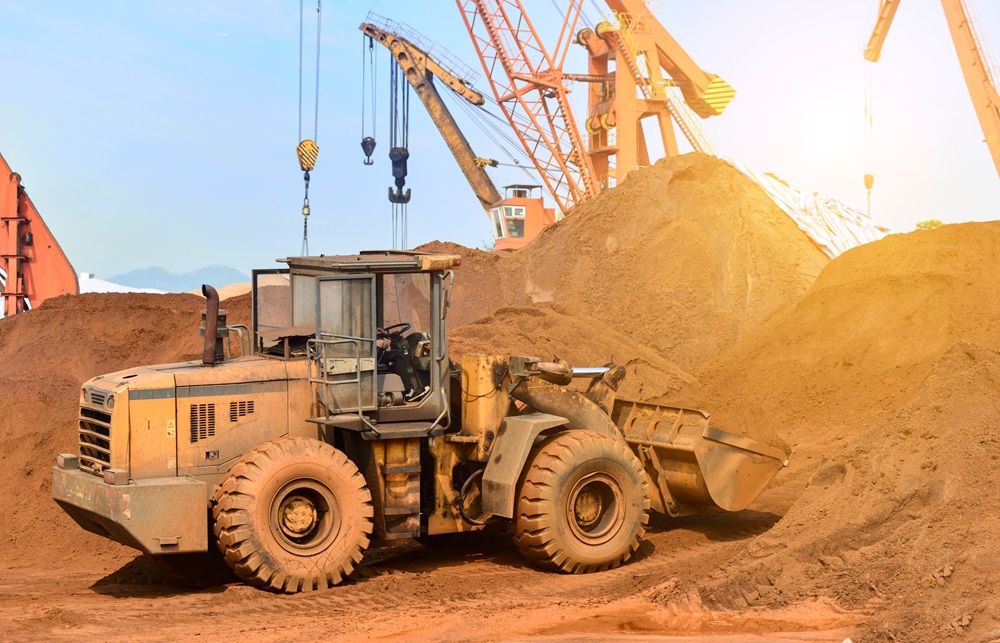 Photo by Onlyyouqj on freepik
Photo by Onlyyouqj on freepik
Benefits:
Improved Efficiency: Innovations in construction equipment streamline operations, reducing project timelines and increasing productivity. GPS, telematics, and automation technologies optimize tasks and reduce errors.
Environmental Sustainability: Adoption of electric and hybrid equipment leads to reduced emissions, contributing to a greener environment. This aligns with South Africa's environmental goals and regulations.
Enhanced Safety: Autonomous machinery and sensor technologies enhance on-site safety by reducing the risk of accidents. Operators can remotely control equipment in hazardous areas, reducing exposure to potential dangers.
Cost Savings: Innovations often result in cost savings over time. Electric and hybrid equipment, for instance, have lower fuel and maintenance costs. Advanced materials and 3D printing reduce material waste and labor expenses.
Competitive Advantage: Staying at the forefront of construction equipment technology gives your company a competitive edge. Clients often prefer contractors who can deliver projects more efficiently and sustainably.
The construction industry in South Africa is shaping its future with the integration of cutting-edge Construction Equipment and Innovations. From earthmoving machinery to autonomous construction vehicles, innovation is transforming the way projects are executed. As the sector continues to evolve, it's clear that these advancements are not just a trend but a necessity for building a more efficient, sustainable, and prosperous South Africa. Do you need to hire any equipment or plant? Check out the for hire page on Truck & Trailer.


